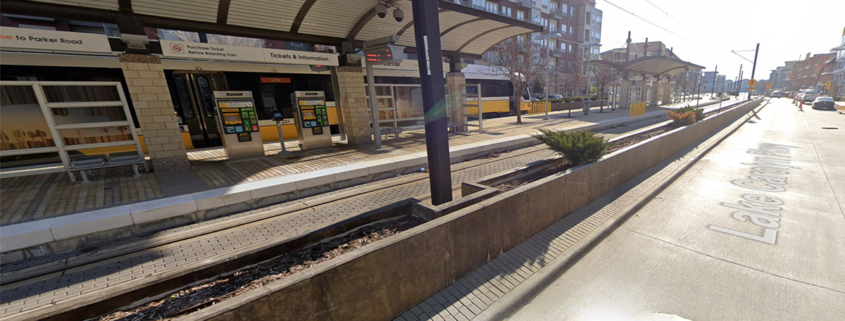Infrastructure Bill Problems, Dallas TOD Failure, Transit Issues
I apologize for the sporadic posts over the summer while I was out-of-town with family, but I’m back and looking forward to catching up on a big backlog of smaller items that will probably take several weekly posts to get through.
- The Failure of Dallas Transit-Oriented Development. Glad METRO hasn’t fallen into this trap.
“In short, TOD is simply a scam. Like Portland’s light-rail mafia, which guided subsidies to favored developers who would build TODs, Dallas light rail and TODs are merely a way of transferring money from taxpayers to developers.”
- Long analysis of why people don’t ride transit, including a section on Houston. Hat tip to Barry.
“This page is not calling for abandonment of transit or extolling the virtues of the automobile. It is an attempt to lay out what transit is up against if it is to succeed. Pretending that the economic issues I describe can be made to go away is a guaranteed recipe for failure.”
“Right now market forces are telling California, ‘Get your s– together,’ ” said report co-author Mark Duggan, director of the Stanford Institute for Economic Policy Research. “This exodus thing — I think it’s a risk.”
“the number of companies relocating their HQs out of CA is running at twice the rate of recent years and is showing no signs of slowing…The winning state is Texas, which for many years has been the most popular destination for CA company relocations”
- I’m a tech executive who moved from Silicon Valley to Houston. I know firsthand why the tech industry is packing up and hightailing it to Texas. Hat tip to George for the archive link.
“Like many other tech executives, I think Texas is positioned to outpace California due to its proximity to the world’s top companies in energy, healthcare, and aerospace, to name a few, and its willingness to innovate with technology in those industries.”
- Painted Into a Corner – It could be time to reconsider land-use laws that contribute to runaway housing costs. Hat tip to George. Really glad to see Houston avoid a lot of these issues. Conclusion:
“The role of cities in the 21st century has not yet been determined. Cities with outdated housing policies may no longer be aspirational. The future of successful cities must begin with enabling a broad set of people to live there, which necessitates affordable housing. Making housing affordable to a large set of people with a range of incomes has its advantages.
This allows people who have lower-paying, service-industry jobs to live near where they work. It promotes a broader set of cultures within a city. Multiculturalism should be one of the values of large cities. When a city is large enough, it can support such things as museums, art galleries, performing arts and professional sports franchises. The greatest thing that a city can provide is social mobility.”
- WSJ: Mass Spending for Mass Transit – Democrats want the GOP to rescue big-city rail and public unions. This is why I have mixed feelings about the $1T infrastructure bill – a whole heap of the money will be going into a black hole, especially Amtrak.
This piece previously appeared on Houston Strategies.
Tory Gattis is a Founding Senior Fellow with the Urban Reform Institute (formerly Center for Opportunity Urbanism) and co-authored the original study with noted urbanist Joel Kotkin and others, creating a city philosophy around upward social mobility for all citizens as an alternative to the popular smart growth, new urbanism, and creative class movements. He is also an editor of the Houston Strategies blog.
Photo: screenshot via Google Street View









